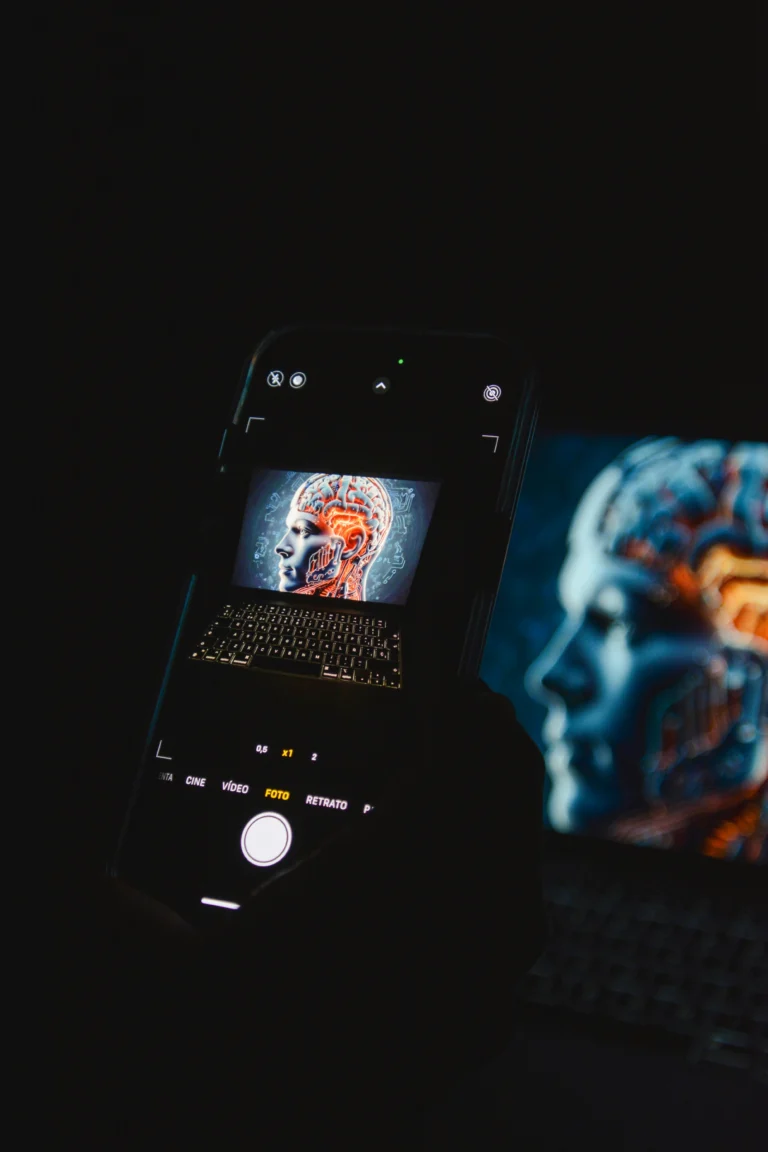In 2025, U.S. courts started making their first rulings on lawsuits filed by copyright holders against AI companies. In the last six months alone, at least three rulings have been handed down: Thomson Reuters v. Ross Intelligence, Kadrey v. Meta, and Bartz v. Anthropic. The outcomes of these cases vary, but they shed some light on the issue of fair use by AI companies when training LLMs.
These solutions are promising for some AI companies, but for others, they raise concerns about potential liability for copyright infringement when feeding LLMs with content, data, and media without the appropriate licenses from rights holders.
The issue of disputes between rights holders and AI platforms is described in the article: AI Platforms vs. Copyright Owners: Who Will Win the Battle, and essentially, it is that AI platforms require material for training, and human-created works are an important part of that training. AI companies often lack the opportunity to obtain licenses. It is because licensing rights for AI often belong not to the publisher but to the authors, and it is quite difficult to contact each of them individually. Also, since the question of whether it is necessary to obtain licenses for training LLM is still controversial, some platforms have decided not to obtain licenses from copyright holders.
On the other hand, copyright holders have created works used in LLM education and are trying to prohibit such use or, at the very least, receive compensation for their usage. Without compensation, the future of the publishing industry, and possibly creative economics, is at risk. As a minimum, significant changes will occur.
AI platforms that do not obtain copyright licenses refer to the fair use doctrine. However, copyright holders believe that fair use cannot be applied in this case. Accordingly, they argue that training LLM on copyrighted objects violates copyright law. The first copyright infringement lawsuits were filed in 2023. In the first half of 2025, three decisions were made regarding the application of the fair use doctrine to AI platform training.
Thomson Reuters v. Ross Intelligence
Thomson Reuters, a company known for various digital resources, including the legal research platform Westlaw, which launched in 1975 and provides access to a huge library of legal information and tools, sued Ross Intelligence, an AI company that used Westlaw’s headnotes and key numbers to train its AI model. One of the issues considered by the court was the applicability of the fair use doctrine. According to the judge’s memorandum, Ross Intelligence infringed on the copyright of 2,243 headnotes, and fair use could not be applied in this case.
However, this decision does not give rights holders the green light, and subsequent decisions are not as promising.
Kadrey v. Meta
In Kadrey v. Meta, Kadrey and several other authors filed a lawsuit against Meta for infringement of their copyrights in training Llama, Meta’s AI model with capabilities of text writing, summarization, translation, code assistance, conversational skills, and other functions. Meta based its defense on the fair use doctrine. After examining the four factors of fair use, the court concluded that training with the plaintiffs’ works was fair use, noting that three of the four factors of fair use were in Meta’s favor, namely:
- The purpose and character of the use,
- The amount and substantiality of the portion used concerning the copyrighted work as a whole, and
- The market effect of the use upon the potential market for or value of the copyrighted work.
Regarding the latter factor, the court found that Meta’s use of the works did not have a significant impact on the plaintiffs’ market, because Llama does not produce substantial portions of the books.
The judge noted in the decision that cases with stronger evidence of market harm may lead to very different results.
Bartz v. Anthropic
Similar questions arose in the case brought by Bartz and other authors against Anthropic (the developer of Claude). Anthropic trained Claude in two ways:
- Pirated books.
- Purchased and digitized books.
As for the pirated books, the Bartz v. Anthropic case will go to trial, where the issue of damages will be decided. However, as for the purchase, digitization of the books, and subsequent training on them by Claud, the court ruled that such actions were fair use and therefore did not constitute copyright infringement.
Certainly, courts are currently considering numerous other cases regarding the applicability of fair use and, accordingly, the non-infringement of copyright when training LLMs. Yet, these three cases demonstrate that there is still no universal approach to training AI with copyrighted works. These decisions still highlight the risk of copyright infringement that needs to be considered for AI companies. It is worth considering the possibility of obtaining licenses, among other things, to minimize lawsuits alleging copyright infringement until there is a uniform practice.
Such decisions serve as a reminder to authors and publishers that the economic models of many industries are changing with the creation of artificial intelligence. It would be wise for industry leaders to collaborate on a licensing solution that would make it easier for AI platforms to obtain a license than to risk their business, reputation, and potential damages for copyright infringement.
See also:
